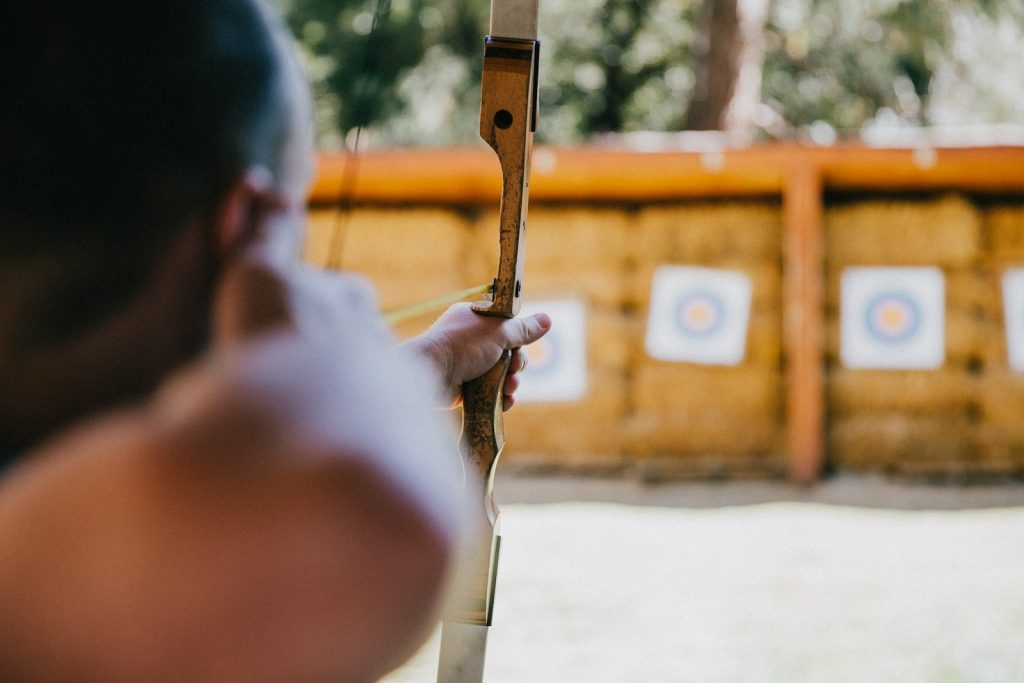Nothing is permanent, so everything is precious. Here’s a selection of some happenings—fleeting or otherwise—in the Buddhist world this week.
India’s WeChat Ban Controversial Among Tibetan Refugees
With debates about the Chinese messaging apps WeChat and TikTok making headlines in the US, new concern has arisen about their status in India, specifically for the Tibetan community. India has banned the apps, and two weeks ago they stopped working for residents. Many Tibetans have mourned the loss of WeChat, as it has been one of the only ways for Tibetan refugees to communicate with family members still in Tibet. But Tenzing Jigme, former president of the Tibetan Youth Congress, said he hopes the ban will help people understand the serious consequences of communicating through a Chinese app.
According to Rest of World, a journalism organization focused on global technology, WeChat actively censors messages and blocks certain keywords, including any references to the Tibetan independence movement. Between 2014 and 2019, at least 29 Tibetans were arrested or detained based on their WeChat posts, according to the Tibet Action Institute, but the real number is believed to be much higher. In July 2019, a Tibetan man was detained for ten days for sharing a photo of the Dalai Lama on WeChat. More recently, ten Tibetans were arrested for sharing COVID-19 information through the app.
People in Tibet may be able to use WhatsApp, which is owned by Facebook, using a VPN (Virtual Private Network) to get around China’s firewall. But many people will now have to rely on international phone calls to communicate, which are expensive, and phones are always at risk of being tapped.
Sakyadhita Asks for Conference Proposals
The Sakyadhita International Association of Buddhist Women will host its 17th conference for Buddhist women next year—and is asking anyone who is interested to submit their proposals. The theme of the conference, which is set to take place from December 24-28, 2021, in Borneo, East Malaysia, is “Buddhist Women Beyond Boundaries: Interfaith, Interdependence and Environment.” People are encouraged to submit proposals for research papers, workshops, and film screenings that relate to the theme. For more information, check out sakyadhita.org/.
COVID-19 Pandemic Threatens Main Source of Income for Tibetan Refugees in India
Most Tibetan refugees in India make and sell sweaters and other winter clothes as their only source of income, but the COVID-19 pandemic has brought the garment buying process to a complete halt, the Economic Times reported last week. Usually the buying process begins in June, but the Tibetan Refugee Traders’ Association (TRTA) ordered all registered businesses not to buy garments until September, in the hope that there will be a vaccine by them. Most families rely all year long on the money they make over the winter, and Choe Gyaltsen, president of the TRTA, said that many Tibetan families in India will face grave financial hardship in 2021 if this year’s winter business is called off.
Bhutanese Cab Drivers Unwind in a Pandemic with Games of Archery
A group of at least two dozen Bhutanese immigrants in New York City are turning to their country’s national pastime, archery, to cope during the pandemic, the New York Times reported this week. Archery provides this group of men, most of whom are cab drivers for Uber and Lyft, a way to unwind, exercise, and socialize at a distance—and offer prayers for the city’s comeback. They practice on land rented from a local Buddhist temple, brewing tea and eating rice for breakfast, while getting dressed in traditional burgundy tweed or gray robes. Before each match, the players say mantras to the Buddha and pour an offering of beer on the ground. As the pandemic continues, most of the players have preferred to live off savings rather than continue working and risk infecting other members of the small Bhutanese community, the Times said. There were around 24,000 Bhutanese living in the United States in 2015, according to the Pew Research Center, with most in Ohio and a significant population in Rochester, NY.
View this post on Instagram
Thank you for subscribing to Tricycle! As a nonprofit, we depend on readers like you to keep Buddhist teachings and practices widely available.
